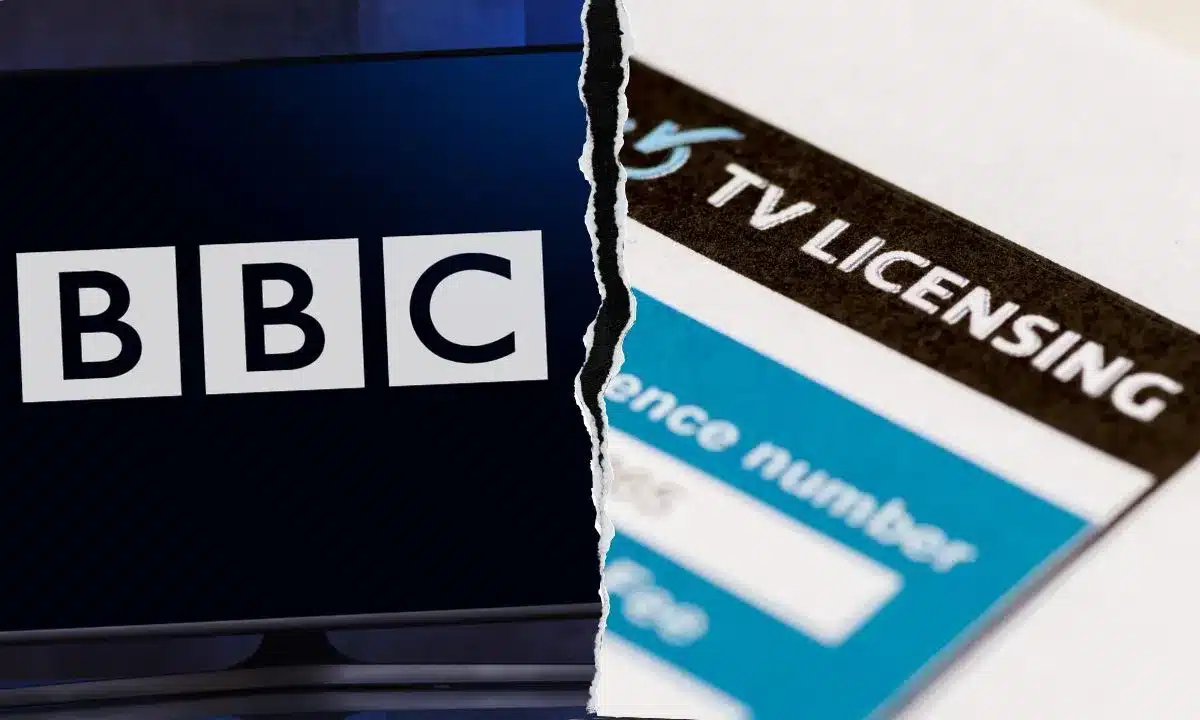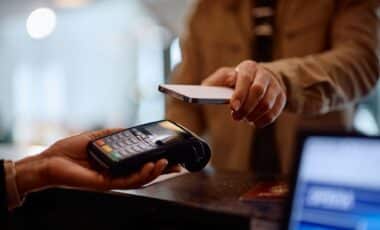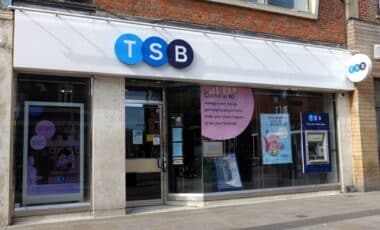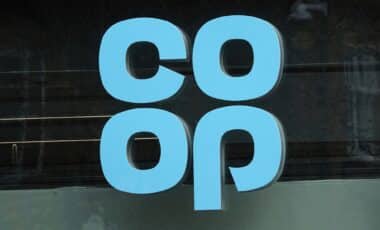Recent conversations about the BBC TV licence, spurred by viral social media posts and expert advice, have revealed that many households continue to pay the £169 fee unnecessarily. This is often due to habit or misunderstanding, especially as more people switch to streaming services like Netflix and YouTube, which do not require a licence. Additionally, pensioners, visually impaired individuals, and care home residents may qualify for free or reduced licences, but many remain unaware of these concessions. By reassessing their needs and eligibility, households can make meaningful savings without losing access to their favourite entertainment.
Understanding the TV Licence: What It Covers and Who Needs It
The BBC TV licence is a long-standing requirement for households across the UK, designed to fund the BBC’s services and ensure the availability of public broadcasting. A licence is mandatory if you:
- Watch live television on any channel or device.
- Use the BBC iPlayer platform to stream or download content.
However, not all households consume media in ways that require a licence. Many viewers now rely exclusively on on-demand services such as Netflix, Disney+, and Amazon Prime Video, none of which fall under the licence’s scope. YouTube and other free streaming services are also exempt, as is the use of physical media such as DVDs.
In a viral TikTok video, content creator Chris Cork (@chriscork89) addressed widespread confusion around the licence. He explained: “Now there are some instances in which you don’t need to pay for the TV licence at all. For example, you don’t need one for the likes of Netflix, Disney+ or Amazon Prime Video. So basically, On Demand. You also don’t need one for YouTube or to watch DVDs.” Cork emphasised that many people continue to pay simply out of habit or a lack of understanding about the rules.
A Growing Awareness of Licence Exemptions
Chris Cork’s advice struck a chord with viewers, many of whom shared their own experiences of reassessing their TV licence payments. One commenter revealed, “I stopped paying and cancelled it, even got a refund.” Another admitted, “Just cancelled mine after thinking about it for months.”
Martin Lewis, the well-known money-saving expert, has also championed the importance of reviewing TV licence requirements. He has urged households to think critically about their viewing habits and avoid paying for a service they do not use. According to Lewis, understanding the rules can help save money, especially during financially challenging times.
Concessions Available for Eligible Groups
The DWP and TV Licensing have also reminded certain groups of their eligibility for reduced or free licences. Key concessions include:
- Pensioners aged 75 and older who receive Pension Credit can apply for a free licence. This policy helps reduce the financial burden on low-income retirees.
- Visually impaired individuals are entitled to a discounted licence fee.
- Residents in care homes may qualify for a concessionary licence at a significantly reduced rate.
Martin Lewis has emphasised the importance of pensioners exploring these options. He has previously noted that many older adults fail to claim Pension Credit and the associated benefits, including the free TV licence, leaving substantial savings on the table.
How to Cancel Your Licence and Apply for a Refund
For those who discover they do not need a TV licence, cancelling it is a straightforward process. Visit the official TV Licensing website to submit a declaration confirming that you do not watch live television or use BBC iPlayer. Upon cancellation, eligible households can also apply for a refund for the unused portion of their licence.
However, it’s vital to adhere to the rules after cancellation. Watching live TV or using BBC iPlayer without a licence is illegal and can result in fines of up to £1,000. As Chris Cork warned, “Make sure, if you’re not watching [live TV], don’t pay for the service.”
Rising Costs Highlight the Need for Action
The £169 annual fee for a TV licence is a significant expense for many households, particularly in light of rising living costs. Moreover, the licence fee is set to increase again this year, prompting even greater urgency for families to reassess whether it’s necessary.
Chris Cork’s viral video also drew attention to this impending hike. He remarked, “Save your money because, guess what, it’s going up again this year.” This advice resonates with many as inflation impacts household budgets and forces families to scrutinise discretionary spending.
A Cultural Shift in Viewing Habits
The growing reliance on streaming services reflects a broader cultural shift in how people consume media. Platforms like Netflix, Disney+, and YouTube offer flexibility and customisation, allowing viewers to select what they want, when they want it. This shift reduces the reliance on live television, making the TV licence increasingly irrelevant for many households.
However, misconceptions persist, with some continuing to pay the fee unnecessarily. A TV licensing officer, commenting on Cork’s TikTok post, noted, “There are lots of people who don’t pay, and are so rude when you go to the door.” This comment underscores the confusion and frustration surrounding the licence, as well as the enforcement challenges faced by authorities.
Practical Steps to Take Today
For households unsure of their requirements, the following steps can help clarify their situation:
- Assess Your Viewing Habits: Do you watch live TV or use BBC iPlayer? If not, you likely don’t need a licence.
- Check Eligibility for Concessions: Pensioners, visually impaired individuals, and care home residents may qualify for discounts or exemptions.
- Cancel Unnecessary Payments: Submit a declaration via the TV Licensing website to cancel your licence and explore refunds for any unused periods.
- Stay Informed: Keep up to date with any changes to licensing rules or fees.









